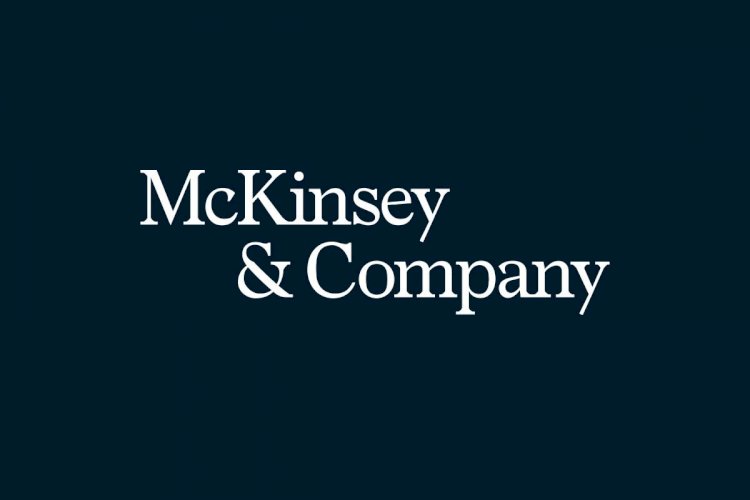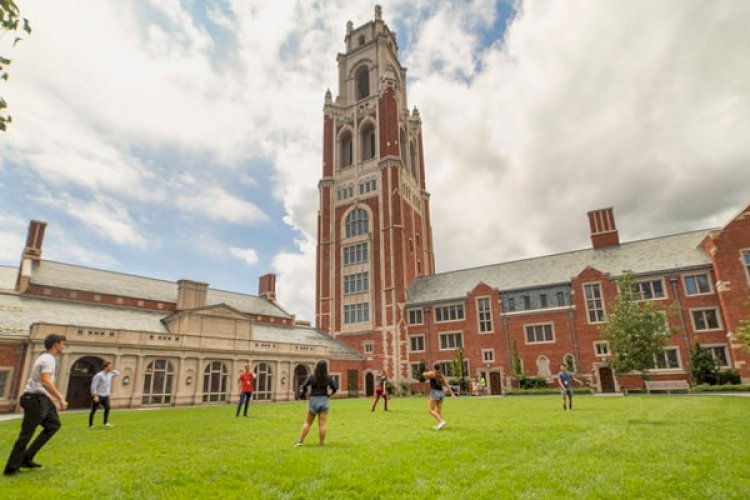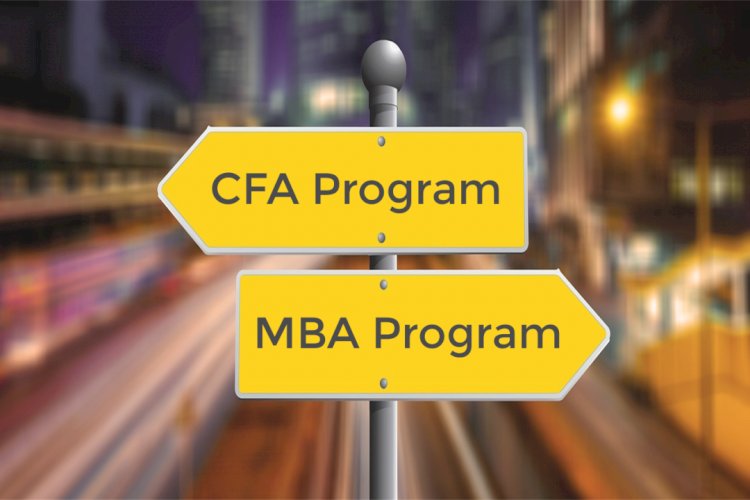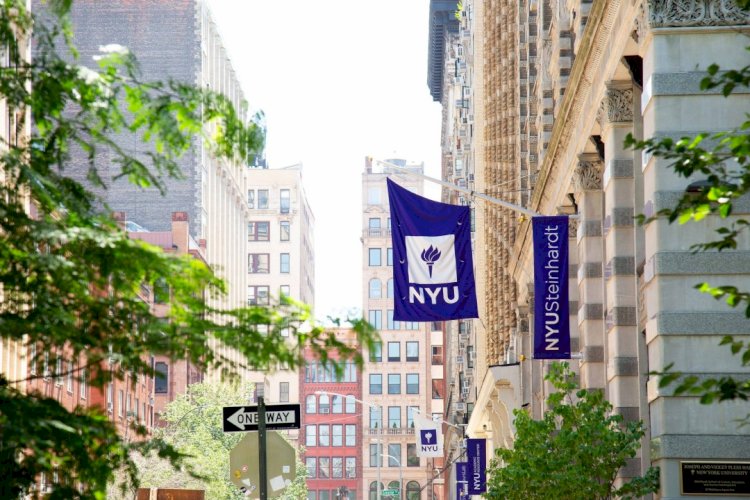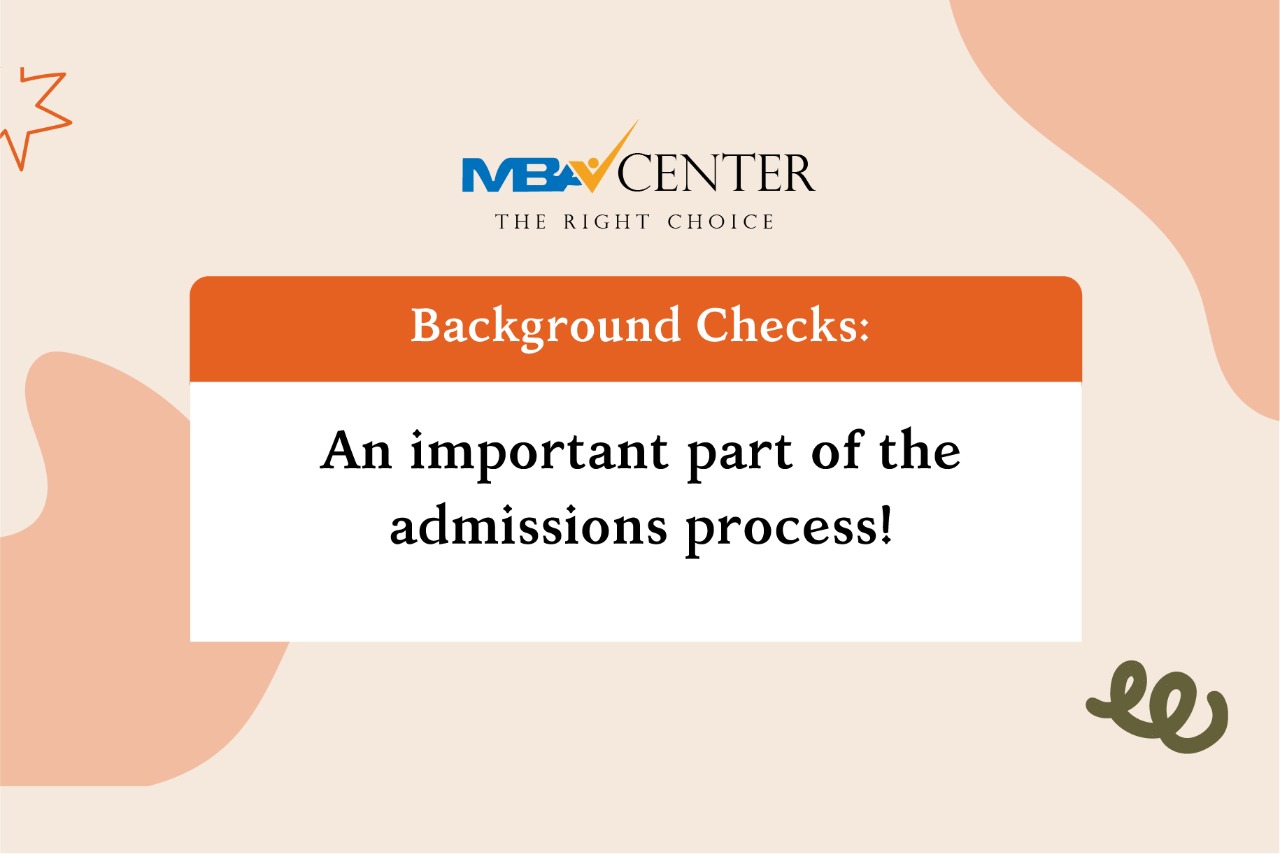
Background checks are more common in MBA admissions at some schools than others, although their usage is becoming increasingly widespread. Some programs thoroughly evaluate every applicant accepted, while others choose a percentage of applicants at random.
Others investigate deeper only when something raises a red flag. After all application rounds have been completed and candidates have begun sending in their deposits, the procedure typically occurs in the spring.
This authentication process should not be a source of concern for most people. Business schools aren't looking to interrogate applicants about every facet of their applications. They merely want to make sure that applicants have accurately represented themselves, their background, and achievements. Many of our readers are likely to inquire about the background checks undertaken by popular programs. Here are a few key facts to assist you in understanding this phase of the MBA application process.
What are background checks, and how do they work in MBA admissions?
Background checks entail verifying the information provided by an applicant in their MBA application. Although the process varies per institution, it usually entails verifying that an applicant attended the undergraduate (or graduate) schools claimed, received the stated grades, and earned the GMAT score. It also entails checking the candidate's work history, job titles, start and end dates, and income and bonus information. Finally, background checks entail contacting recommenders to reaffirm their support and verifying the applicant's participation in community activities.
In Background Check, what are they looking for in MBA applicants?
Business schools can look at anything from recommenders for work and education histories, extracurricular and professional involvements, leadership roles, and even verify anecdotes from application essays.
If you're undecided about whether or not to add or explain something in your application, you should probably do so. It's usually ideal to be entirely honest when the issue is anything like poor academic performance or a gap in employment history. The admissions committee isn't searching for ideal applicants. Significant failures can be turned into a story about self-improvement and lessons learned. These can aid your campaign if you demonstrate how they've made you a wiser, more humble person.
Therefore, it's reasonable for MBA applicants to be concerned at this point in the process, wondering if their admission offer would be revoked if, for example, the start date for old employment is one week sooner than the start date during the background check. The good news is that most schools inform applicants of any anomalies and allow them to explain a reasonable mistake. It makes sense to double-check all your information before applying to a school to ensure that the information you provide is correct. If any possible concerns arise after submission, you may want to alert the adcom ahead of time!
How can I make sure a background check goes smoothly? While being honest in your applications is the apparent answer, it's also critical that you don't fudge anything out of laziness.
Also read: MBB's top feeder schools
 MBA Center Global
MBA Center Global 








